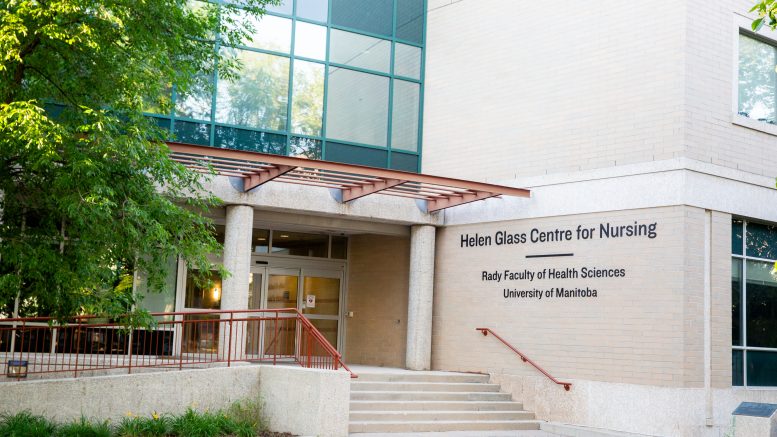To meet post-pandemic admission demands within the faculty of health sciences, the university is looking to expand numerous programs including undergraduate medical education, doctor of pharmacy and master of physician assistant studies.
Due to a sizable increase in applications post-pandemic, acceptance rates to the bachelor of health sciences program dropped from 20 per cent in 2019 to 9.4 per cent in 2022.
The largest increase proposed will occur within the bachelor of health sciences (B.H.Sc.) program, which will see an increase from 40 students to 100 students annually.
The proposal to the provincial government for admission expansion outlined that students find interest in the B.H.Sc. program due to its core focus on human health in a holistic manner and its focus on health and wellness within cultural contexts.
To convince the government of the necessity for expansion, the proposal also outlined that the health-care system is ever-changing and continues to face increased stress due to the gaps highlighted by the COVID-19 pandemic. To counter such gaps, U of M health-care programs, including the B.H.Sc. program, can complement and support burdened health-care efforts.
Separate to the program expansion, an Indigenous admission category will be implemented in preparation for fall 2024. The new category would hold 17.5 per cent of the spaces in each program for self-declared Indigenous students.
The faculty cited the need for the new category as the proportions of non-Indigenous to Indigenous students in the B.H.Sc. and bachelor of health studies programs are not representative of the Manitoba Indigenous population. The goal of the new category is to relieve application barriers that Indigenous students may face.
All program proposals are yet to go ahead, as funding negotiations must occur with the provincial government. If negotiations are successful, proposed expansions for all programs could occur by fall 2024.



